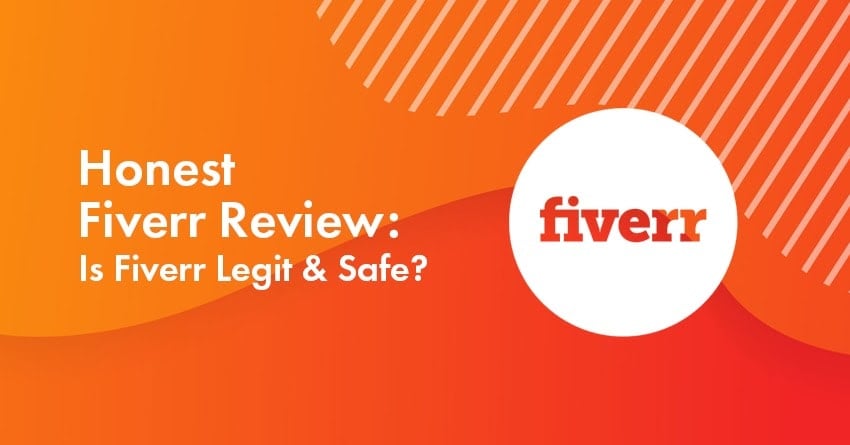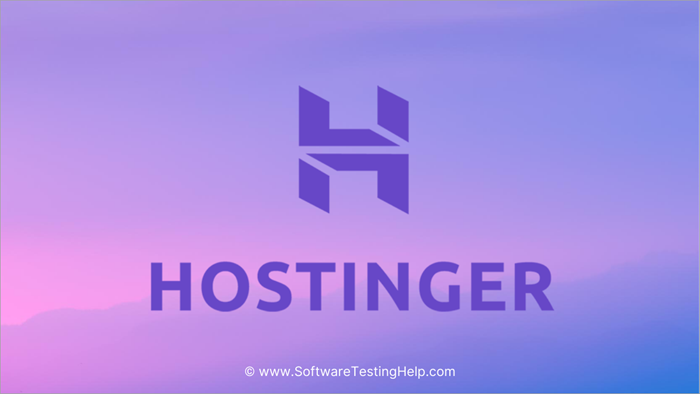
Exclusive Ad Ventures: Unraveling the Benefits of Private Marketplaces for Advertisers
- Post
- August 9, 2023
- Ad Serving Tech, Private Marketplaces, Programmatic Advertising
- 0 Comments
In today’s ever-evolving digital landscape, advertisers are constantly seeking innovative ways to optimize their campaigns and reach their target audience effectively. One such avenue that has gained significant attention is the realm of Private Marketplaces (PMPs). In this comprehensive exploration, we delve into the intricacies of Private Marketplaces, shedding light on their advantages, operational dynamics, and the list of prominent Private Marketplaces for advertising.
The Pinnacle of Targeted Advertising: Private Marketplaces
Private Marketplaces (PMPs) represent a selective approach to programmatic advertising. Unlike open exchanges where inventory is available to any advertiser, PMPs offer a more controlled environment, allowing publishers to grant access to a chosen set of advertisers. This exclusivity introduces a host of benefits that foster a win-win scenario for both advertisers and publishers.
Advantages Galore: Why Opt for Private Marketplaces
Enhanced Brand Safety and Transparency:
Private Marketplaces provide advertisers with the confidence of brand-safe environments by curating premium inventory. This control over ad placements ensures that ads appear in contexts aligned with the brand’s image.
Precise Audience Targeting:
Advertisers can leverage PMPs to access high-quality inventory while targeting specific audience segments, resulting in more relevant and engaging ads.
Optimized Deal Terms:
PMPs facilitate direct negotiations between publishers and advertisers, enabling the customization of deal terms that suit both parties. This flexibility often leads to more favorable pricing and better ad placements.
Data Privacy and Control:
With growing concerns around data privacy, PMPs offer advertisers a more secure platform for data sharing. Advertisers can collaborate with publishers while maintaining control over their proprietary data.
Navigating Private Marketplace Dynamics
To engage successfully in the world of Private Marketplaces, advertisers need to understand the operational dynamics that underpin this advertising model:
Invitation-Only Access:
Publishers extend invitations to selected advertisers, granting them access to premium inventory. This ensures that advertisers align with the publisher’s content and audience.
Fixed or Dynamic Pricing:
PMPs offer flexibility in pricing models. Advertisers can choose from fixed pricing (set rates for inventory) or dynamic pricing (auction-based).
Deal Types:
PMPs support various deal types, including Preferred Deals (pre-negotiated terms), Private Auctions (invitation-only auctions), and Programmatic Direct (automated guaranteed deals).
Exploring Prominent Private Marketplaces
Google Ad Manager:
With a vast reach and robust targeting options, Google’s Private Marketplace offers a wide array of premium inventory across websites and apps.
Rubicon Project:
Rubicon’s PMP enables advertisers to tap into a diverse range of global publishers, ensuring brand safety and audience targeting.
OpenX:
OpenX provides advertisers access to exclusive inventory, enabling them to connect with engaged audiences through premium placements.
Final Words
Private Marketplaces have emerged as a strategic solution for advertisers aiming to strike a balance between precise targeting and brand safety. The advantages they bring to the table, from improved transparency to audience targeting, make them a powerful tool in the modern advertising landscape.
Commonly Asked Questions
Q1: How do Private Marketplaces differ from open ad exchanges?
A: Private Marketplaces offer curated, premium inventory to a select group of advertisers, enhancing brand safety and transparency, while open ad exchanges are more open and less controlled.
Q2: Are Private Marketplaces suitable for small businesses?
A: Absolutely. Private Marketplaces provide access to premium inventory on a smaller scale, allowing small businesses to benefit from targeted advertising and brand-safe placements.
Q3: What advantages do PMPs have over traditional ad buying methods?
A: PMPs offer enhanced control, brand safety, and audience targeting compared to traditional methods, resulting in more effective and engaging ad campaigns.
Q4: Can advertisers negotiate pricing in Private Marketplaces?
A: Yes, advertisers can negotiate pricing and deal terms in Private Marketplaces, leading to more flexible and favorable arrangements.
Q5: How can I choose the right Private Marketplace for my brand?
A: Evaluate factors such as reach, audience alignment, pricing models, and deal types to find a Private Marketplace that suits your brand’s goals and objectives.




